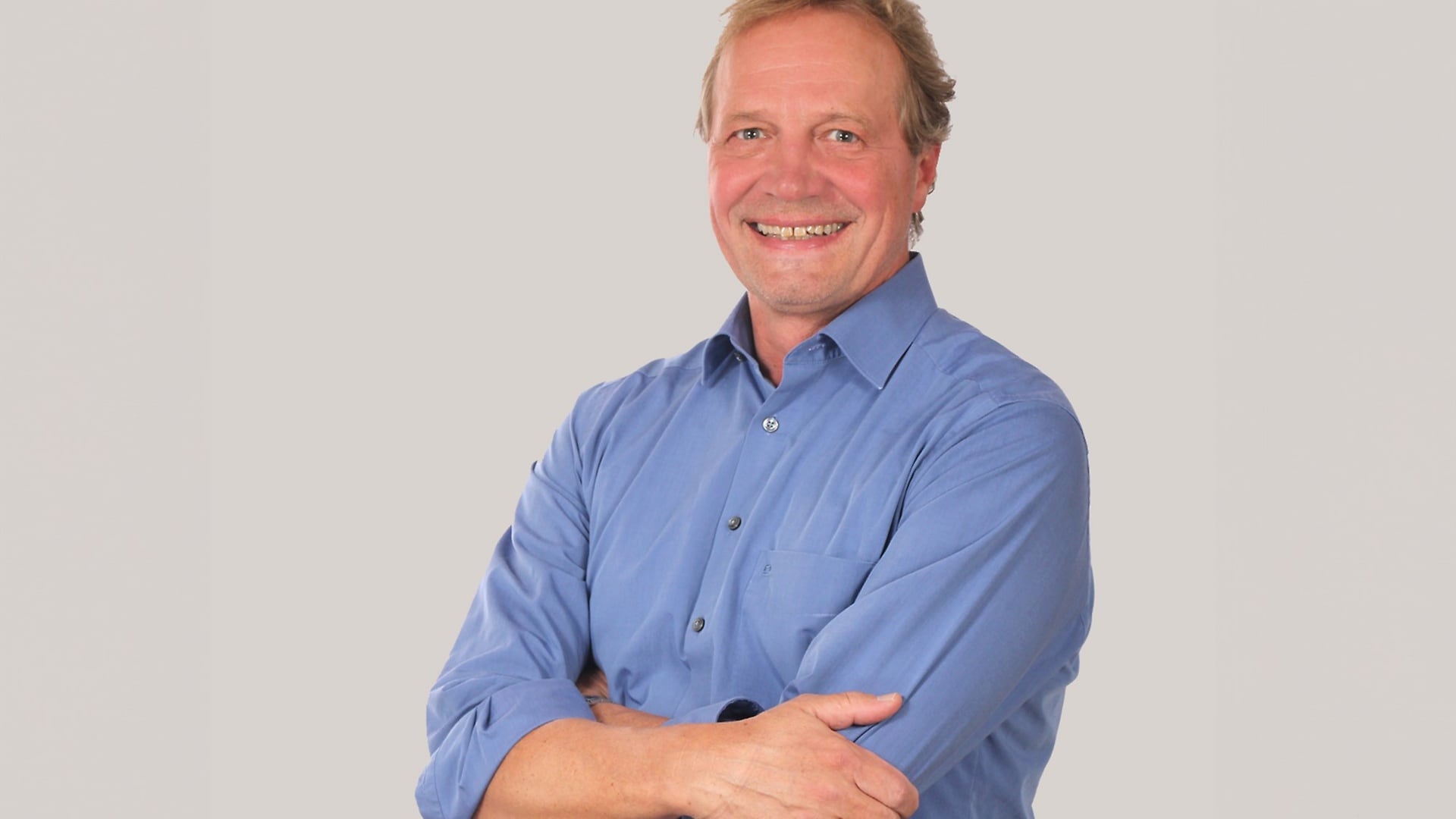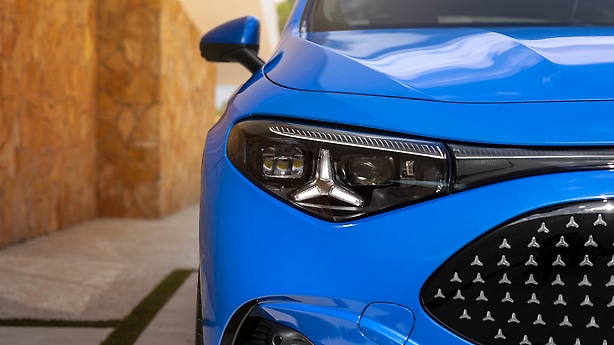What does it take for the transformation to a more sustainable future to succeed?
Hermann Ott: I used to work on detailed plans on how the world could become sustainable if all countries were to agree. I no longer believe that such a global transformation is possible by consensus. That's why I'm currently developing a theory of ‘muddling through’, by which I mean that individual actions that aren’t centrally coordinated can still develop a strong dynamic. This is where social and technological breakthrough innovations can emerge that are unpredictable and have a major impact. Hundreds of millions of players around the world are committed to a more sustainable world – individuals, local initiatives, cities, international bodies and, of course, companies. I’m very excited to see what’s in store for us!
What role do companies play in this transformation?
Hermann Ott: Above all, companies play an important role as multipliers, drivers of technologies and important global players. Mercedes-Benz can make a big difference with its experience, expertise and economic strength.
Speaking of expertise, what can engineers and other technical experts contribute to the transformation to more sustainable mobility and a more sustainable economy?
Hermann Ott: A great deal – something I’ve been convinced of for a long time. Germany has a major competitive advantage thanks to our outstanding engineering tradition and vocational training system. As nobody wants to go back to pre-industrial times, the future will be a technological one. But this technology has to be designed in such a way that it allows us to survive within our given natural limits, i.e. an earth-adapted technology.
What does this entail in concrete terms?
Hermann Ott:At the Wuppertal Institute we developed a triad of efficiency, consistency and sufficiency. Efficiency means becoming better and enhancing efficiency levels. Consistency means developing new sustainable technologies. And sufficiency means using less energy and resources. I hope that the German automotive industry in particular will excel even more in this. But while I’m confident that we can make energy and manufacturing industry climate-neutral, the agricultural sector will remain a major challenge.
In a recent press interview you said that climate policy and sustainability are no longer an ideological issue. What exactly do you mean by that?
Hermann Ott: Sustainability may have been a matter of conviction in the past, but today it’s an economically sensible decision. Solar energy, for example, is now the cheapest way to generate electricity. Even without the climate crisis, the mobility revolution would make sense. Today, companies are pursuing sustainable measures not only for ethical reasons, but above all because they make sense economically. This also applies to the Mercedes-Benz Group, which is already doing very well in sustainability rankings.
What fascinates you personally about your work on the Mercedes-Benz Advisory Board?
Hermann Ott: The first meeting was a really great experience. I was particularly impressed by my colleagues on the Advisory Board – their diversity, expertise and open approach to working together. The company can not only be proud of having an Advisory Board like this one – but also of actually getting it involved in its business strategy.
How do you want to contribute to the Advisory Board in years to come?
Hermann Ott: I was very pleasantly surprised by the openness with which the Board of Management spoke with us members on the Advisory Board meeting. Conversely, I also had the impression that the members of the Advisory Board do not keep their opinions to themselves for reasons of excessive considerateness. After all, independence, in-depth expertise and new perspectives are exactly what we’re here for. That’s very valuable when you have to make decisions in complex situations, and my impression is that the Board of Management is aware of this. This is why I’m very hopeful that we’ll be able to do a good job in accompanying the company into the future.
,xPosition=0,yPosition=0.35)

,xPosition=0.5,yPosition=0)
,xPosition=1.0,yPosition=0)
,xPosition=0.5,yPosition=0)